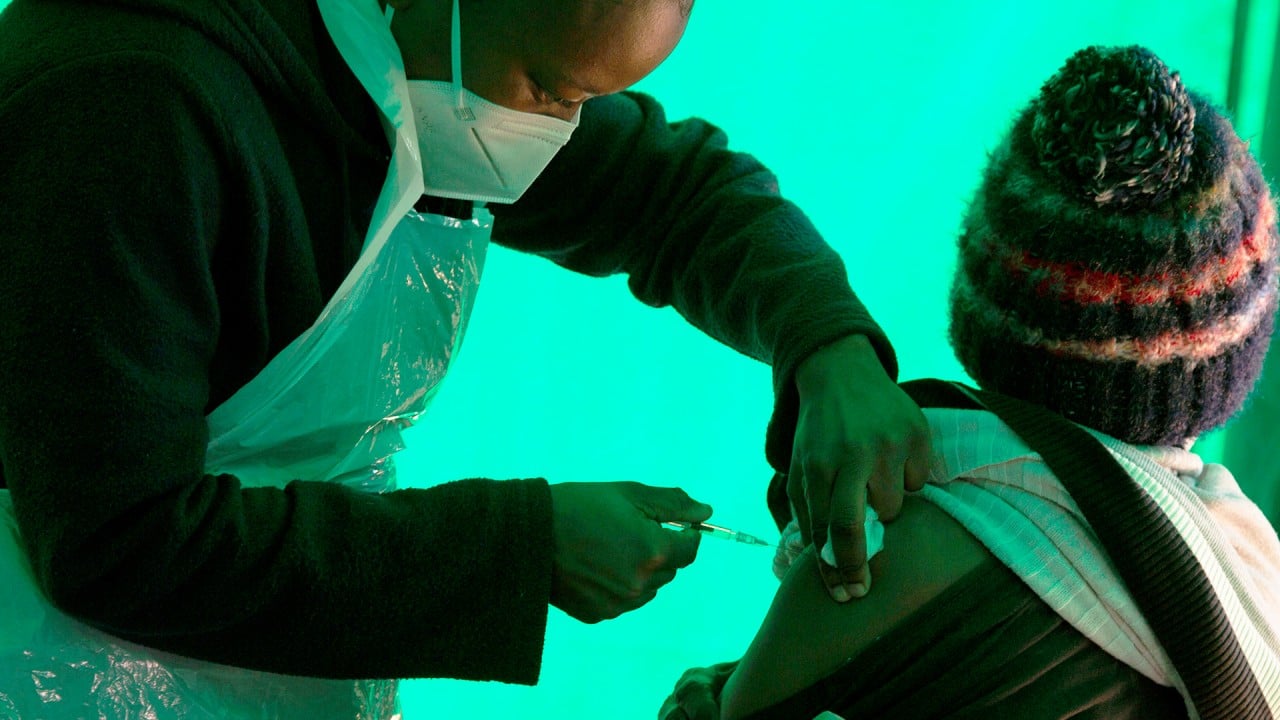
Fate of Chinese and American billionaires reveals divergences in fight against poverty
- While the presidents of both countries have pledged to deal with growing inequities, the US’ capitalist ethos makes government intervention a hard sell
- In contrast to the flamboyant space voyages of US billionaires, China’s wealthy have been put on notice
It is a gross travesty of justice that the richest 10 per cent is taking home 52 per cent of global income, as revealed in the World Inequity Report 2022.
Sadly, there is no escaping the two superpowers’ jostling for primacy even in the fight against poverty. They are coming into this rivalry from opposite ends of the ideological spectrum.
In The Protestant Ethic and the Spirit of Capitalism, Max Weber argued that the Protestant doctrine of personal salvation led to a more autonomous conception of the individual, which in turn engendered a self-reliant, industrious way of life that fuelled the rise of capitalism in the West.
Then, in The Religion of China, Weber explained that in ancient China’s cosmology, the individual is integrally bound to the kinship clan, fostering a communitarian ethos. This ethos resonated with socialism.
Weber’s treatises unpacked the peculiar civilisational impulses that shaped the West and East’s distinct economic behaviour. This is evident in the present-day US and China’s contrasting approaches to combating the inequity crisis.
A year after the Capitol attack, US democracy is still in crisis
With his Build Back Better agenda, Biden aims to rejuvenate the US with a socioeconomic programme akin to Franklin D. Roosevelt’s New Deal in the 1930s. But the related bill is fighting for its legislative life, underscoring a sustained resistance to big government.
Indeed, the Protestant work ethic has, over time, imbued in the American psyche a disdain for the welfare state. Sure, the needy deserve help, but to root out poverty, government must inculcate self-reliance instead of abetting state dependency.
To “rob the rich and give to the poor” is to violate the quintessential American value: individual liberty to pursue happiness.
Thus, in lieu of big government spending, Americans have banked on the free market to create and redistribute wealth.
Climate crisis: escape to space not an option for the 99 per cent
But Adam Smith’s “invisible hand” never levelled the playing field. Many Americans were left behind, some due to no fault of their own, like those rust belt workers who have fallen victim to globalisation.

An illustrative example is the federal government’s ongoing legal dispute with Moderna over patent ownership, which will have serious repercussions for distribution rights.
Covid-19 has turned out to be a boon for the billionaire class, while the poor have become poorer. According to Oxfam, the combined wealth of the world’s 10 richest men during the pandemic rose by US$540 billion, enough to buy vaccines for all.
The contrasting fate of Chinese and American billionaires is a tale of the two countries’ divergent strategies to overcoming inequality.
In Confucian China, where the Chinese dream is a collective aspiration, the private must acquiesce to the public, and Beijing is reining in the corporate titans. Though risking a lower growth rate, China is likely to realise Xi’s vision of a “moderately prosperous” society and a “community with a shared future for humankind”.
By contrast, in Christian America, faith in the spirit of capitalism has failed to stop widening income inequality. In their pursuit of happiness, the fortunes of the wealthy elite continue to grow unabated.
Without modulating the hyper-individualised American dream and corporate America’s outsize dominance, Biden’s ambition to build back a better America and world could end abruptly.
Peter T.C. Chang is deputy director of the Institute of China Studies, University of Malaya, Kuala Lumpur, Malaysia



